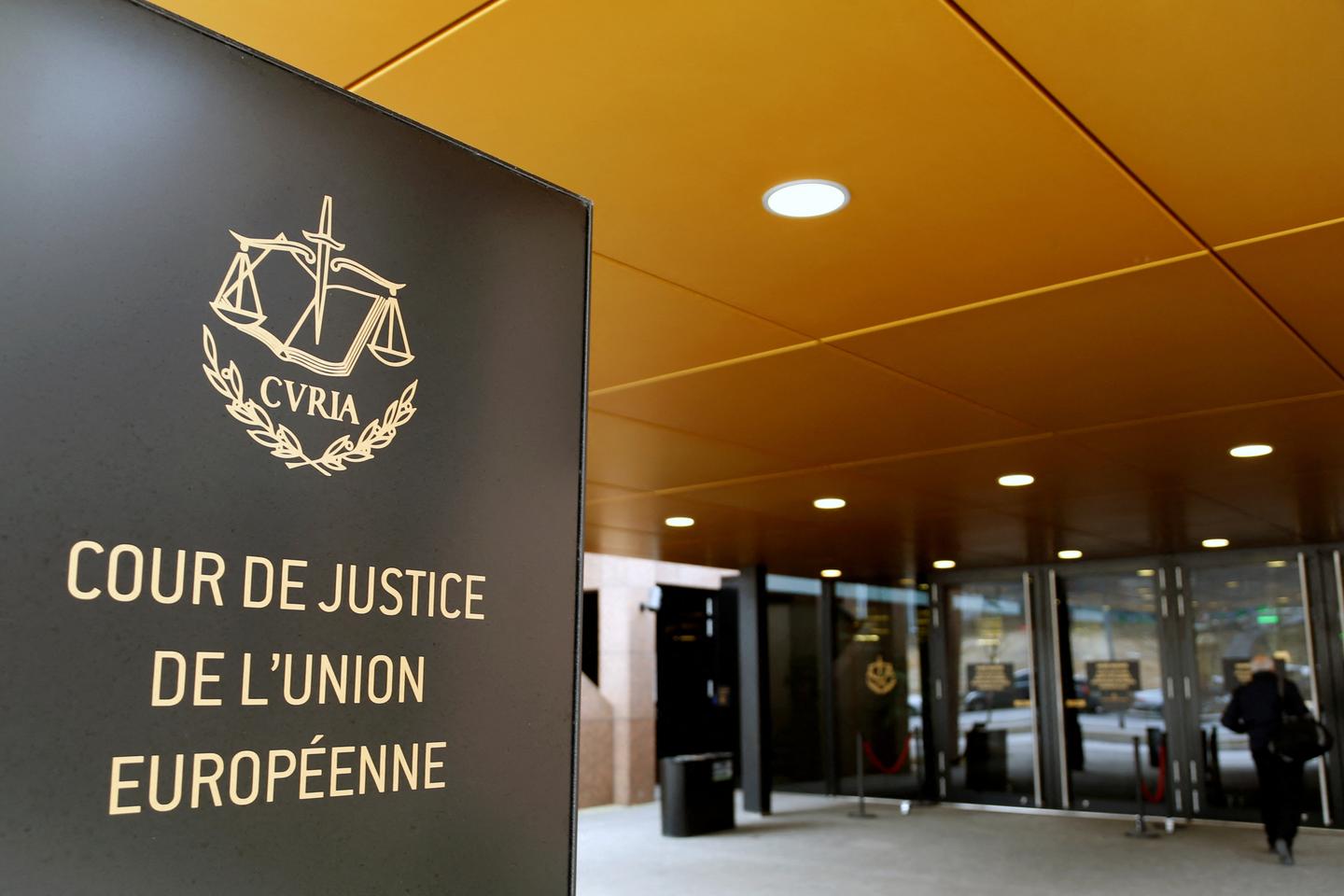


European Union states must recognize a change of first name and gender obtained in other countries of the bloc, the EU’s top court ruled Friday, siding with a Romanian citizen.
The refusal of an EU state “to recognize and enter in the birth certificate of a national a change of first name and identity lawfully acquired in another member state (…) is contrary to EU law,” said the European Court of Justice (ECJ).
The court said denying such recognition “hinders the exercise of the right to free movement and residence,” as “a divergence between identities resulting from such a refusal (…) creates difficulties for a person” in everyday life, including “serious professional, administrative and private inconvenience.”
A Bucharest court had asked the EU court for guidance after Arian Mirzarafie-Ahi – a man with dual Romanian and British nationality who obtained legal recognition of his male gender identity in 2020 in the United Kingdom – had challenged a decision by Romanian authorities to refuse to issue him a new birth certificate, changing his gender and first name.
The Luxembourg-based court said it was “unjustified” to “oblige the party concerned to initiate new proceedings for a change of gender identity” in Romania, with the risk of such proceedings leading to a “different” outcome.
The Accept association, which defends the rights of LGBTQ people in Romania, hailed the decision at a press conference as “a great victory for trans people in Romania” stressing that it was the “first time” the top court had ruled in such a case.
According to the court, Brexit has no bearing on the dispute, as the man obtained UK recognition of his change of gender and first name before the UK’s exit from the EU.